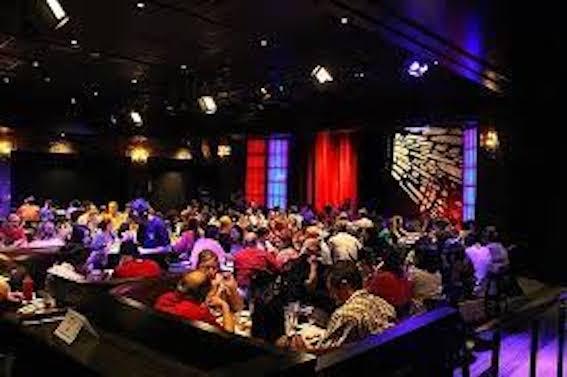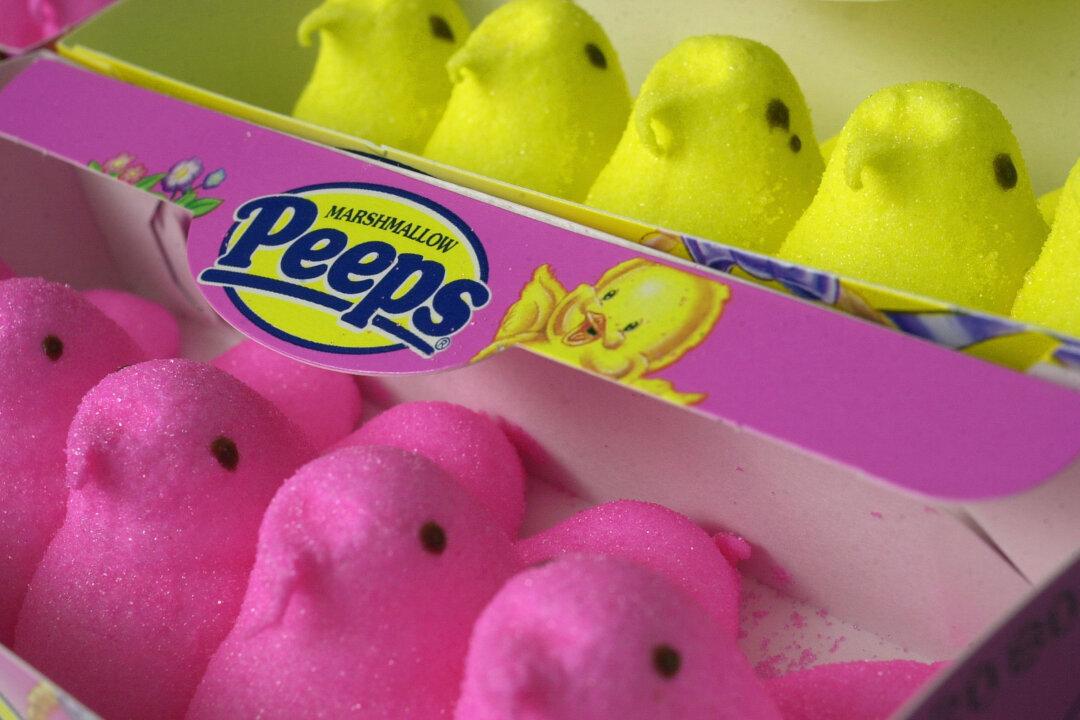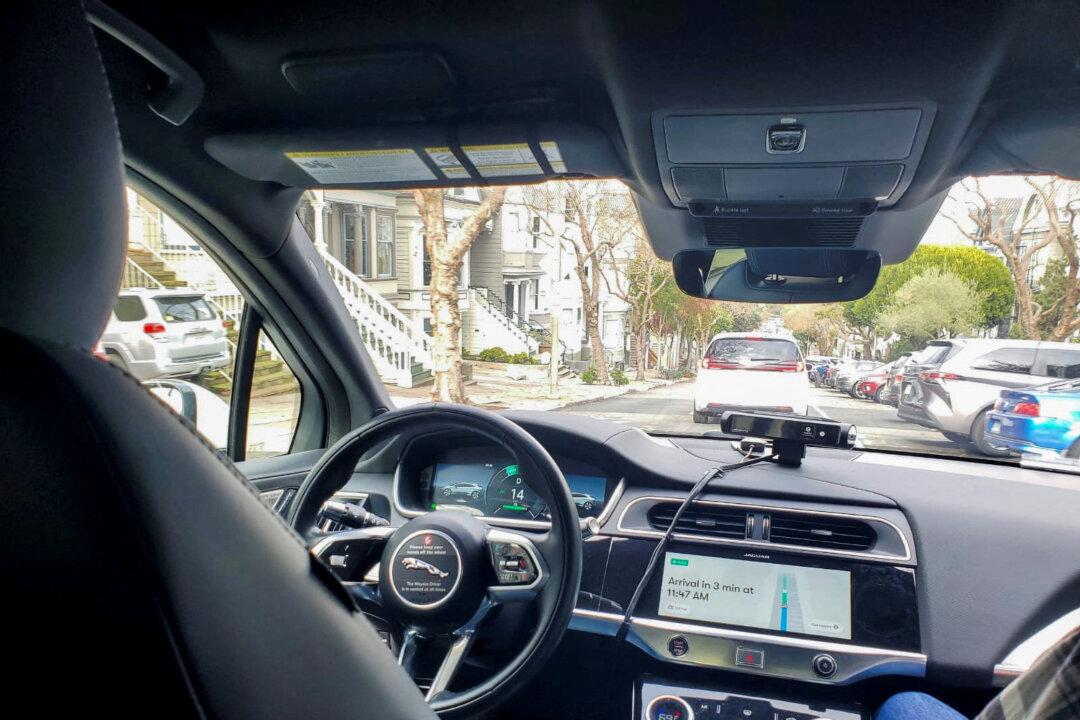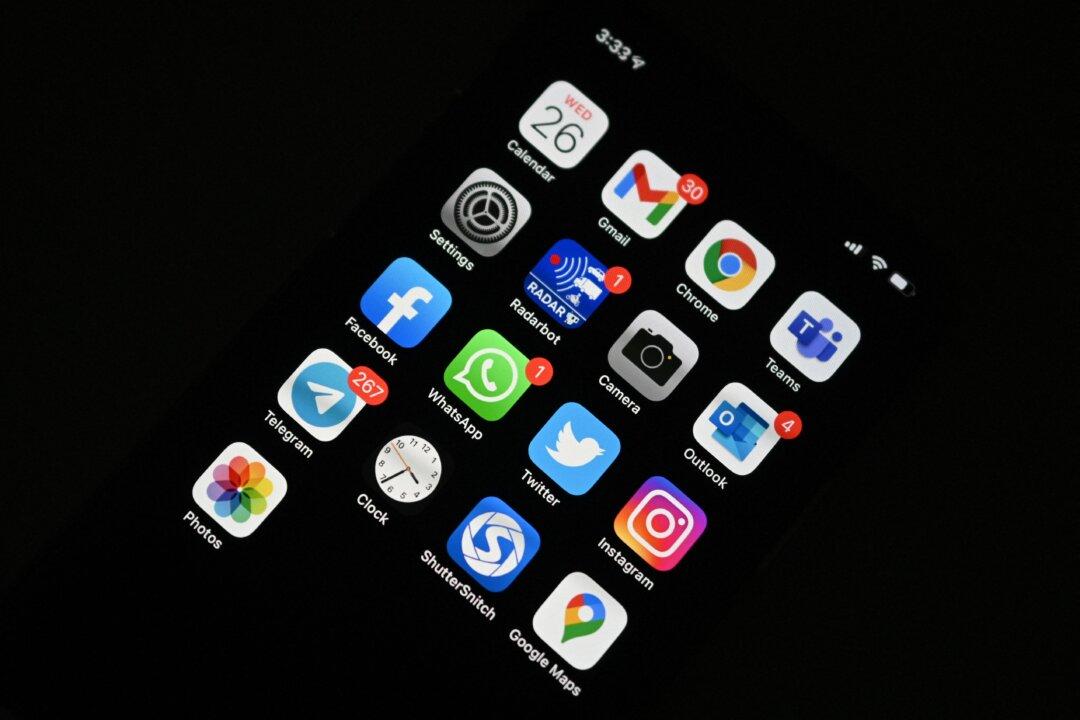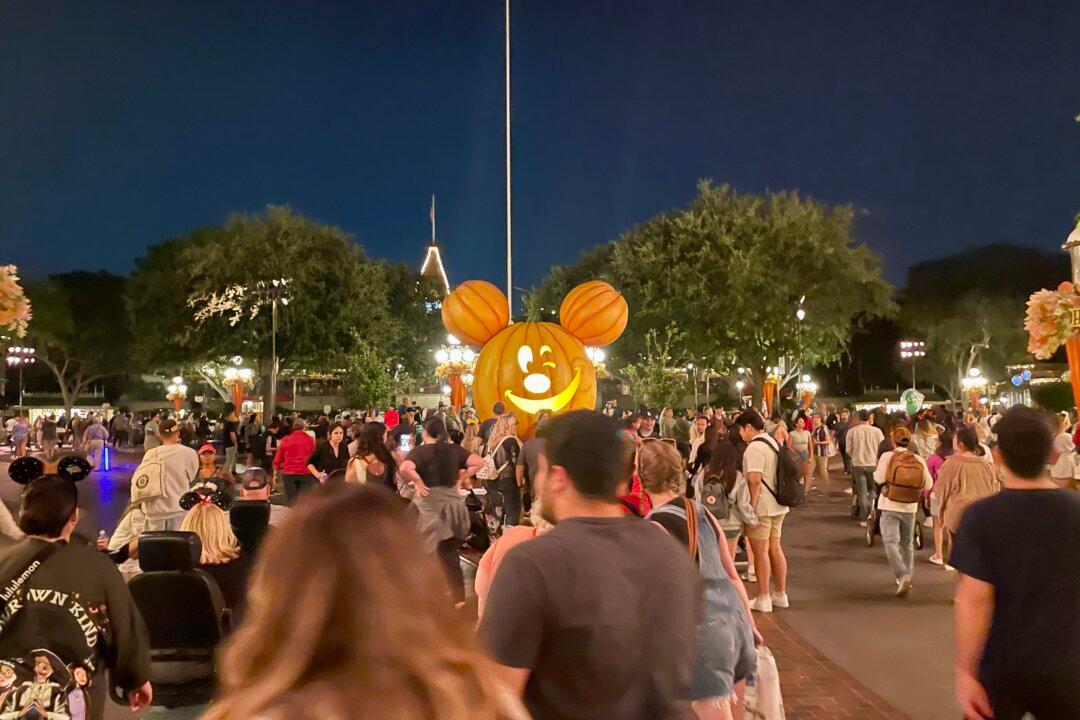Los Angeles-based comedians have much to say on the topic of cancel culture, both on stage and off.
As prominent comics like Dave Chappelle and Chris Rock critique American audiences for what the duo describes as an increasing “oversensitivity” to jokes due to political polarization, others in the sphere performing in California—a known bastion of progressivism and political correctness—have echoed similar sentiments.
